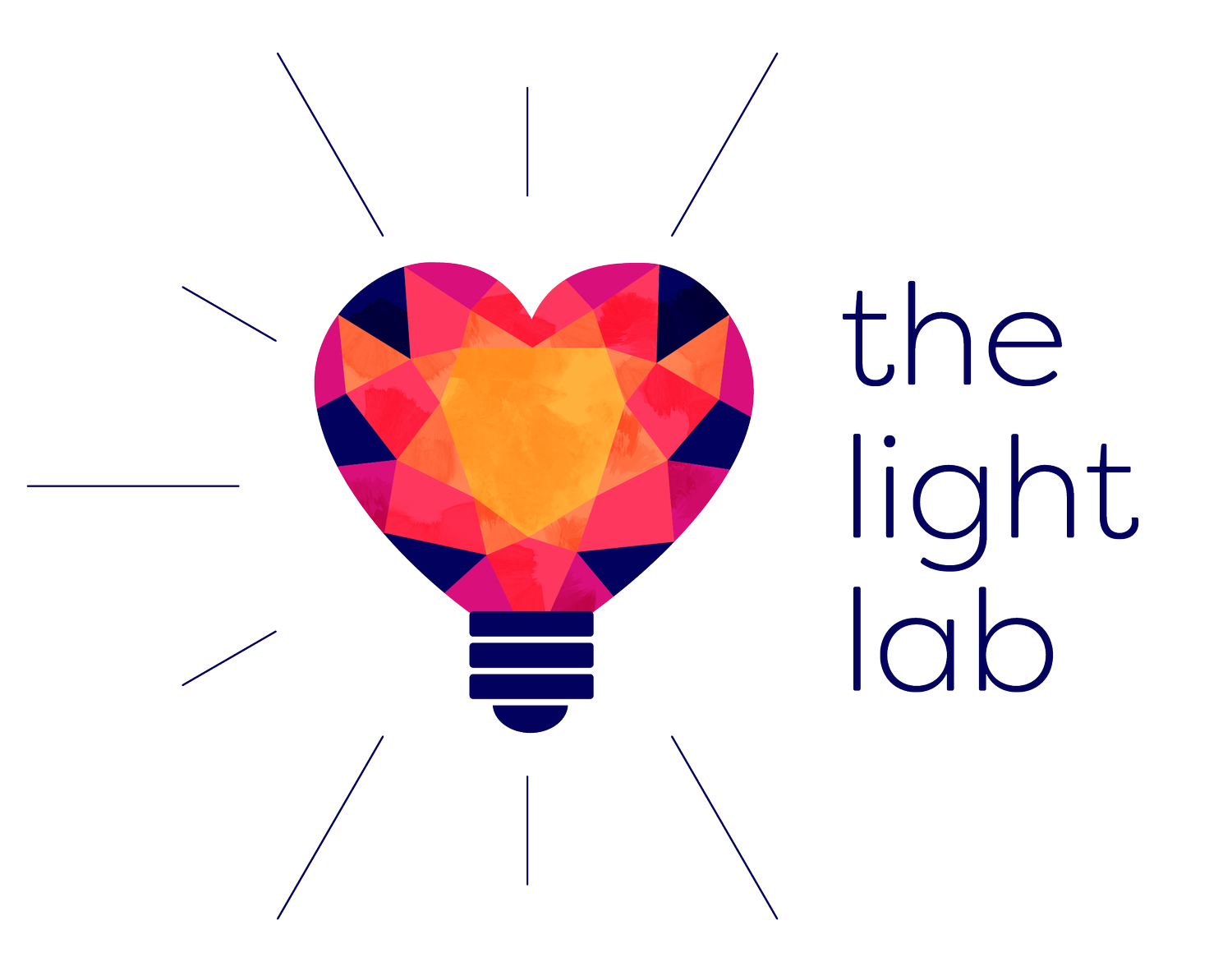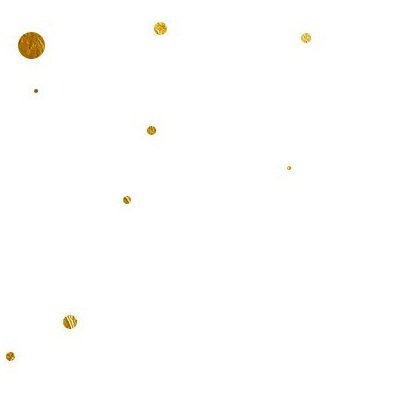Episode 1: Prayer vs Prayers (T'fillah)
Listen Now
Prayer vs Prayers
In this first episode, we start with the foundational questions:
What is prayer? What is liturgy? Why does this matter? And why does this matter to us?
Join our new Facebook group to discuss all things T’fillah and T’fillah education here!
Ellen says that this is a “shehecheyanu moment.” Shehecheyanu is a blessing said to mark new or special occasions. As this is the first podcast we’ve done, it was certainly a shehecheyanu moment!
בָּרוּךְ אַתָּה ה’, אֱלֹהֵינוּ מֶלֶךְ הַעוֹלָם, שֶׁהֶחֱיָנוּ וְקִיְּמָנוּ וְהִגִּיעָנוּ לַזְּמַן הַזֶּה
Baruch atah Adonai, Eloheinu Melech Haolam,
Shehecheyanu, V’kiy’manu, V’higianu Laz’man Hazeh.
We experience Your blessing, Holy One of all time and space,
through being present in this sacred time.
Hebrew letters with names and shapes
Challah is bread for Shabbat and holidays. Usually braided, often very fluffy and delicious.
Latkes are fried potato pancakes, usually served on the holiday of Hanukkah
Eliana brings up The Latke Song by Debbie Friedman
Zichrona Livracha means, “may her memory be a blessing,” and is said to honor those who have died when then come up in conversation
Musical Theater Songs:
Prayer from Come From Away
Sunrise from In the Heights
Blackout from In the Heights
Miracle of Miracles from Fiddler on the Roof
Alone in the Universe from Seussical the Musical
Paciencia y Fey from In the Heights
Getting to Know You from the King and I
Ellen mentions the beautiful song Open by Judith Silver
Kavanah is an intention
Eliana mentions the book the Power of Ritual by Casper ter Kuile
The quote she mentions is by Simone Weil: “Prayer consists of attention. It is the orientation of all the attention of which the soul is capable towards g?d. The quality of attention counts for much in the quality of the prayer.”
Anne Lammot’s book is Help Thanks Wow
I (Eliana) like to spell the word “God” differently depending on the context. These days I like “g?d.” (you’ll see that in the transcript). The lowercase makes in gentle to me, and the ? evokes mystery, that there is so much we don’t know. A few years ago I used G!D- the capital letters made it grand, and the ! evoked excitement and possibility. I believe I picked that up from the writings of Rabbi Zalman Schachter-Shalomi.
Josh uses the word “tri-vruta.” This is a play on “chevruta,” study partners, a primary mode of studying Jewish text. There are three of us, so it’s a tri-vruta!
Josh talks about an experience at Hava Nashira.
Here is the video of V’ani Ashir Uzecha from that moment.
Eliana quotes her poet friend as saying “poetry is the art of putting into words that which cannot be put into words.” That poet friend is Alexander Nemser– we feature an interview with him in an upcoming episode! (and you can learn about our collaborative prayer-poetry project here)
Eliana mentions Dr. Lisa Miller. Her books are:
Word of the day: t’fillah תְּפִלָּה
Root is פלל “pey lamed lamed”
פִּלֵּל pillel means “to judge, examine, or inspect.”
The phrase מִי פִּלֵּל mi pillel means “who’da thunk?”
The verb form is לְהִתְפַּלֵּל l’hitpallel which is reflexive, turning that curiosity inward
Mi pillel sounds like mi pi-el, a shabbat song which got stuck in our heads 🙂
V’ani T’filati by Josh: Song here, video here, sheet music and more information here
The words for V’ani T’filati come from the morning service. Ma Tovu is traditionally said when entering a prayer space. Josh uses the last line first, which itself is from Psalm 69 verse 14.
וַאֲנִי תְפִלָּתִי־לְךָ ה’ עֵת רָצוֹן
אֱלֹהִים בְּרָב־חַסְדֶּֽךָ עֲנֵֽנִי בֶּאֱמֶת יִשְׁעֶֽךָ
מַה־טֹּֽבוּ אֹהָלֶֽיךָ יַעֲקֹב מִשְׁכְּ֒נֹתֶֽיךָ יִשְׂרָאֵל
V’ani t’filati lecha Adonai et ratzon
Elohim b’rov chasdecha aneini b’emet yishecha
Mah tovu ohalecha ya’akov, mishkenotecha yisrael
And I, I am a prayer for you holy one, in my time of need
(OR may my prayer come to you at a favorable time)
In all your lovingkindness, answer me with a true deliverance
How good are your tents, Jacob, your dwellings Israel


